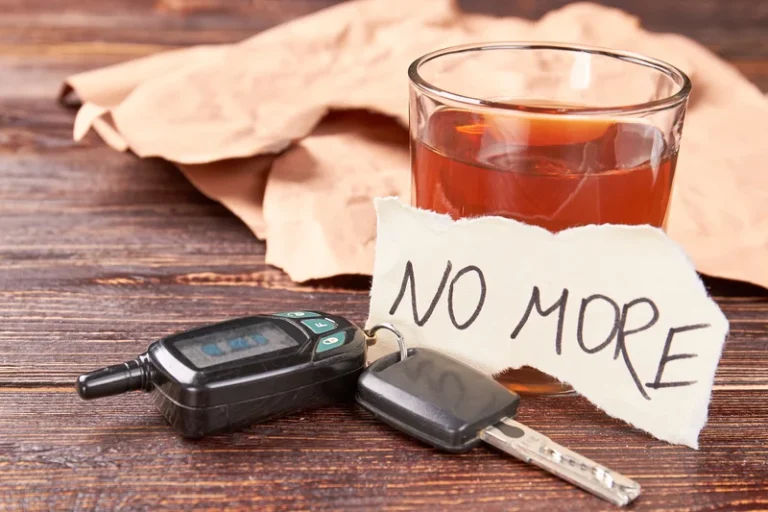
Additionally, it is essential to address the underlying cause of congestion and consider other treatment options, such as over-the-counter decongestants or nasal irrigation, for long-term relief. Boiling water and breathing in the steam can help moisten the nasal passages and reduce congestion. Adding essential oils such as eucalyptus or peppermint can provide additional benefits. Similarly, saline nasal sprays can help moisturize the nasal passages and flush out any irritants or mucus. Consider taking supplements designed to reduce acetaldehyde buildup and intolerance symptoms, such as Sunset Alcohol Flush Support, which can help prevent nasal congestion caused by alcohol.

Alcohol contains histamines, causing inflammation in blood vessels

Histamines are a chemical compound that can trigger inflammation and allergic reactions. They play a crucial role in triggering the body’s inflammatory response, which is a defence mechanism against foreign substances or tissue damage. Many alcoholic drinks, particularly red wine and beer, https://ecosoberhouse.com/ contain histamines.

Alcohol causes dehydration, leading to swelling and inflammation
It is any information related to you, for example, your name, telephone, address, photograph, does beer cause congestion or fingerprints, as well as any information for your identification. Interestingly, several studies found that persons who have nasal symptoms from alcohol also have similar symptoms to other things, such as hot or spicy food and strong-smelling scents. But, if your nose is all stuffed up or runny after just a few sips of wine, this process probably isn’t proceeding as smoothly for you as it does for other people. The process starts with an enzyme in your liver, called alcohol dehydrogenase (ADH), which converts ethanol into acetaldehyde.
What causes my stuffy nose after drinking alcohol?

Also, if your symptoms seem to be linked to an allergy or a medication you’re taking, see your doctor. On this plan, you’ll cut a specific food out of your diet to see if your symptoms get better. Then, you’ll try to add the food back in later to see if your symptoms come back. A food and symptom diary can help you keep track of when your symptoms appear and whether they line up with certain things—such as alcohol. Too much alcohol is like a depressant and causes parts of the brain that control vital body functions to shut down. Although this is rare, it can be life-threatening and require emergency care.
- The condition involves development of upper airway-related symptoms in response to environmental triggers, including drinking alcohol.
- Thus, it’s not just histamines that could be causing discomfort after drinking but also sulfites present in various alcoholic beverages.
- It has been known for a long time that people with asthma are more sensitive to alcohol.
Are there any potential risks or side effects associated with using alcohol as a congestion remedy?
- The common cold and seasonal allergies can cause nasal and chest congestion, leading to discomfort and difficulty breathing.
- The consumption of alcohol has been linked to nasal congestion in some people.
- By drying out the nasal passages, alcohol may help alleviate congestion symptoms and promote easier breathing.
- Rarely, severe pain after drinking alcohol is a sign of a more serious disorder, such as Hodgkin’s lymphoma.
- Food intolerances are far more common than food allergies, affecting up to 20% of people worldwide.
Alcohol intolerance can cause immediate, uncomfortable reactions after you drink alcohol. Oxford House In this article, we’ll explore why drinking alcohol commonly leads to a stuffed up nose for so many people. More importantly, you’ll discover actionable ways to stop alcohol from inflaming nasal passages so you can avoid the dreaded stuffy nose hangover.
- It is important to note that not everyone experiences sinus congestion from drinking beer or other alcoholic beverages.
- In addition, various ingredients found in alcoholic beverages have the potential to trigger an allergic reaction in some people.
- Although prevention is not always possible, moderating your beer intake or opting for low-alcohol beer options may help reduce the likelihood of developing nasal congestion.
- If you have any severe or painful symptoms after drinking alcohol, don’t just brush it off as alcohol intolerance.
- Alcohol can trigger nasal congestion due to its dehydrating effects and the body’s reaction to histamines in certain drinks.
Not all alcoholic beverages affect everyone equally when it comes to causing nasal congestion. Some types are more notorious than others for triggering this unpleasant side effect. In some cases, reactions can be triggered by a true allergy to a grain such as corn, wheat or rye or to another substance in alcoholic beverages.

